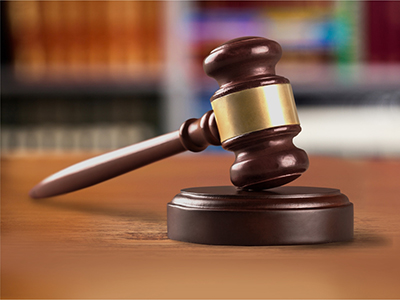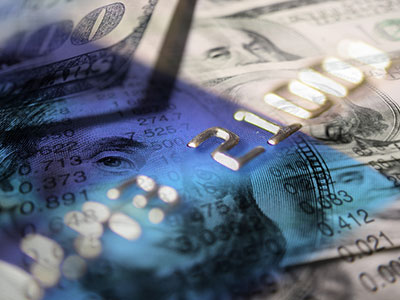In what the SEC called “the first federal jury trial by the SEC against a municipality or one of its officers for violations of the federal securities laws,” a jury in the U.S. District Court for the Southern District of Florida found the City of Miami and its former budget director, Michael Boudreaux, guilty of securities fraud for misrepresentations related to three municipal bond offerings in 2009. Both Defendants are expected to appeal the jury decision.
The SEC Wins First Jury Trial in a Muni Case: SEC v. City of Miami and Michael Boudreaux










